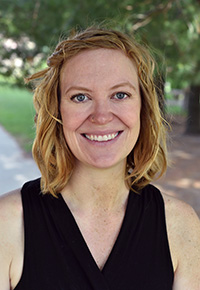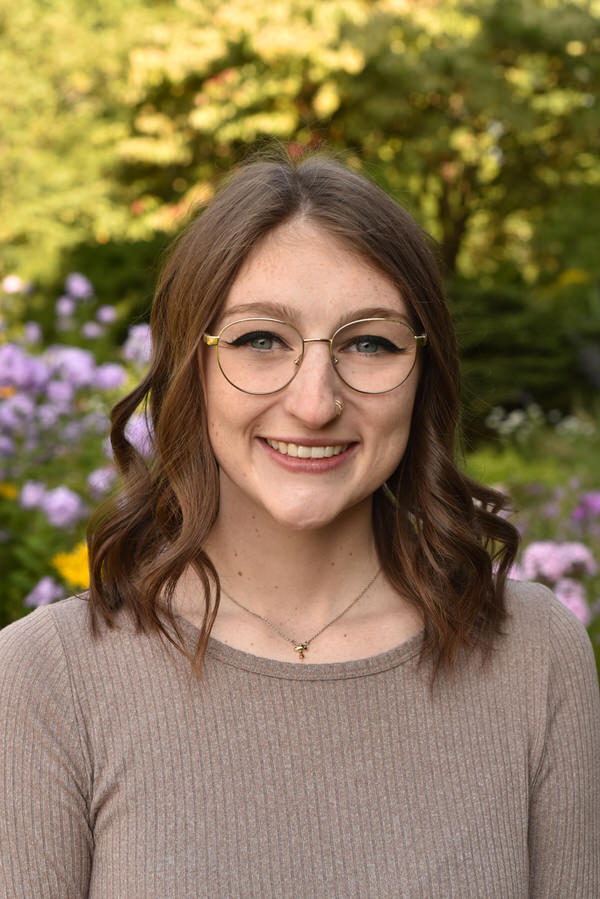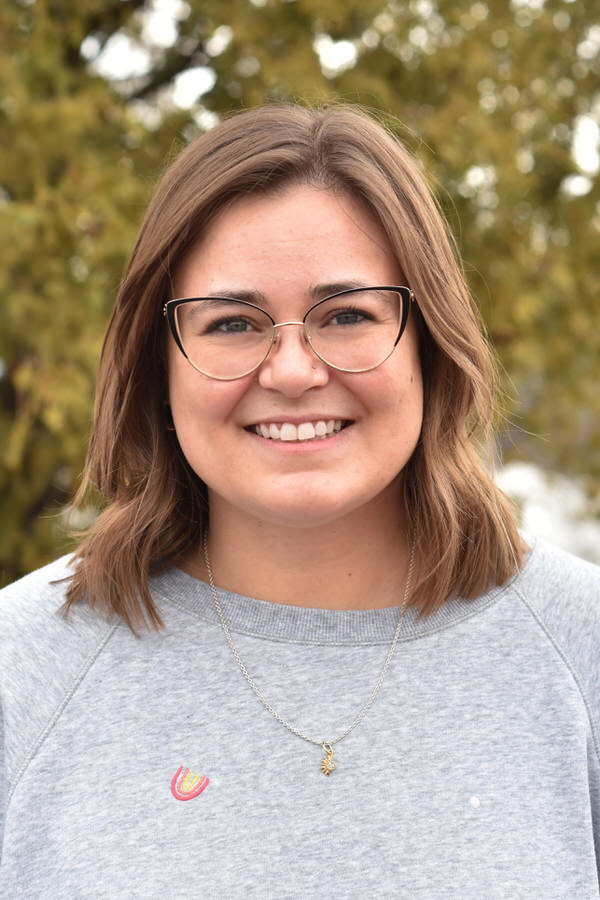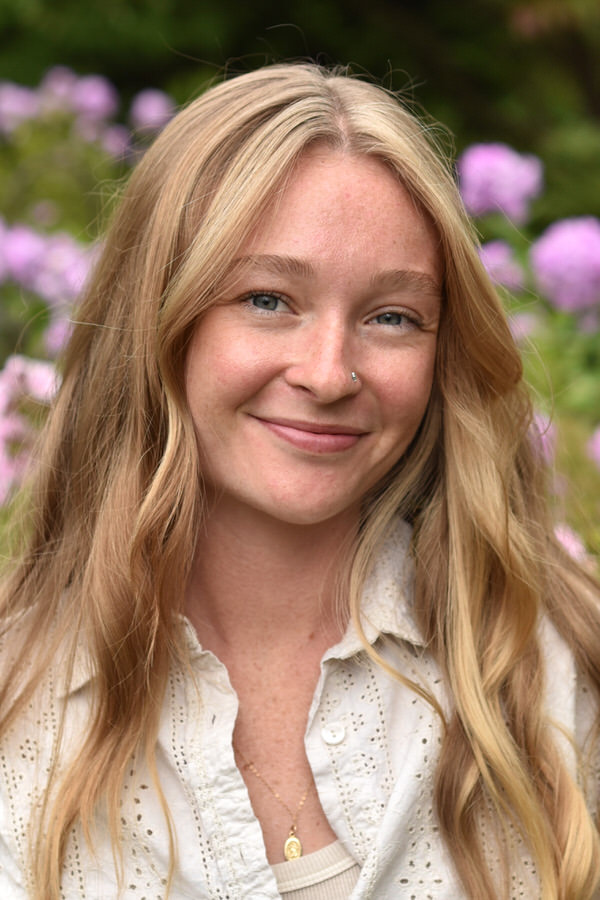|
Welcome to the Nido classroom new school year. I look forward to sharing with you the many wonderful things we do in our classroom. Please check here often for updates and links to information. Thank you! Jeanette Kania jeanette@traversechildrenshouse.org "We see the figure of the child who stands before us with his arms held open, beckoning humanity to follow." ~Dr. Maria Montessori, Education and Peace |
    |
Classroom Highlights
September 24, 2025
Hello Nido families!
It’s been a great start to the school year. Thank you to everyone who attended back-to-school night and our class picnic! It was nice to be able to converse with so many of you for more than the few minutes we get at carline.
This summer, we welcomed Brooks and his family into our community, and this fall, we have two new adults joining us in the Nido; Ashleigh and Chloe have joined Madison and me, and they are a wonderful addition to our classroom team.
Our biggest kids are really starting to show the beginnings of toddlerhood. Many of them have begun exploring bigger work like dressing frames, drawing at the easel, and more involved/ complete language lessons. At any moment throughout our days, you are likely to see at least one child working at pushing a small cart back and forth across our classroom.
The littles are working on developing their fine motor skills, while our oldest learners are focused on refining the skills they already have. For our littlest babes, this looks like using different grasps to scoop and pick up food at the table and beginning to realize that they can intentionally release things they are holding. For our bigger kids, this looks like more precise wrist movement when placing rings on dowels and while turning spoons after scooping up oatmeal so it doesn’t spill en route to their mouths.
In The 1946 London Lectures, Dr. Maria Montessori said, “The hand is the instrument of intelligence.” In the classroom, I work to find activities that interest the children that will aid in their fine motor development; Dr. Montessori believed that we are feeding the child’s intellect via their hands.
On Monday, we celebrated the International Day of Peace with our entire school community. We sang two songs that first-year students from the Birch classroom visited and taught us, and we all joined together in the courtyard to focus on the intention set by the United Nations of a commitment “to Peace above all differences and to contribute to building a Culture of Peace.” We had an opportunity to explore the new Labyrinth that was dedicated that day as well.
We are currently singing “Way Up High in the Apple Tree” and enjoying books about dogs and construction vehicles. Demolition by Sally Sutton and Let’s Find Momo by Andrew Knapp are particular favorites.
As you may have seen on our supply list, please email me a photo of your family (pets included, if possible) so we can display them in our classroom. I’m hoping to make a photo wall, but I am currently missing several families and don’t want it to be incomplete.
Thank you,
Jeanette